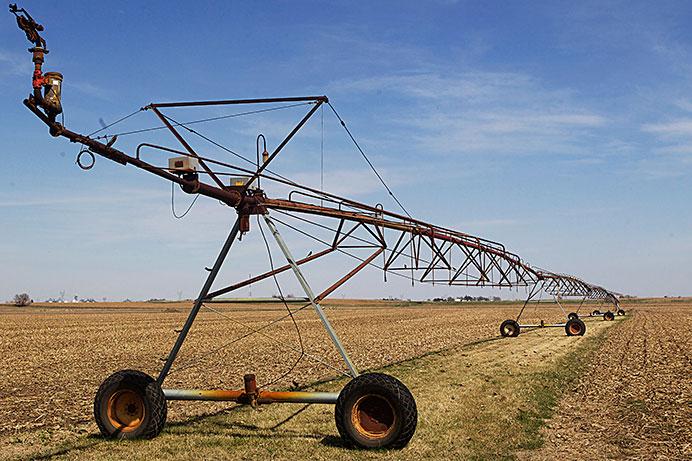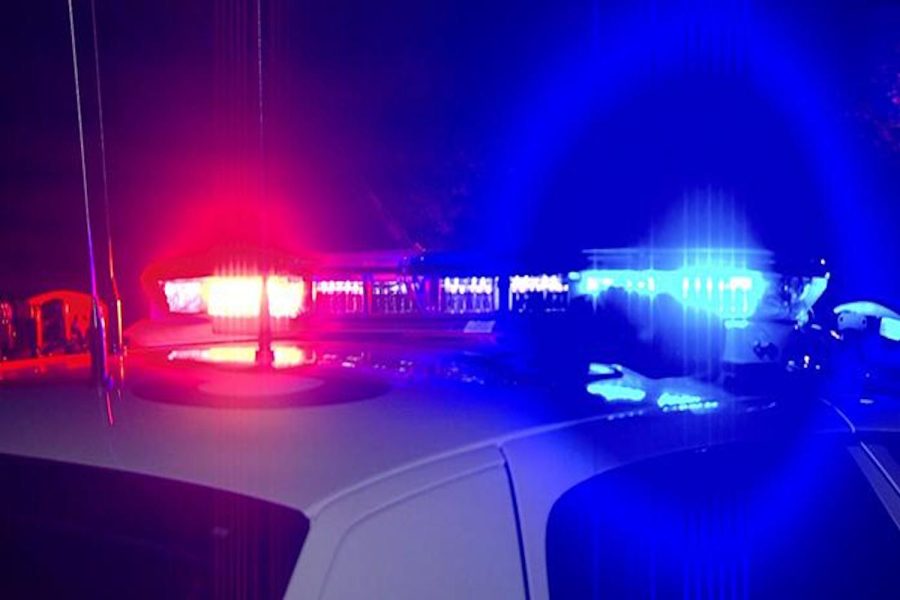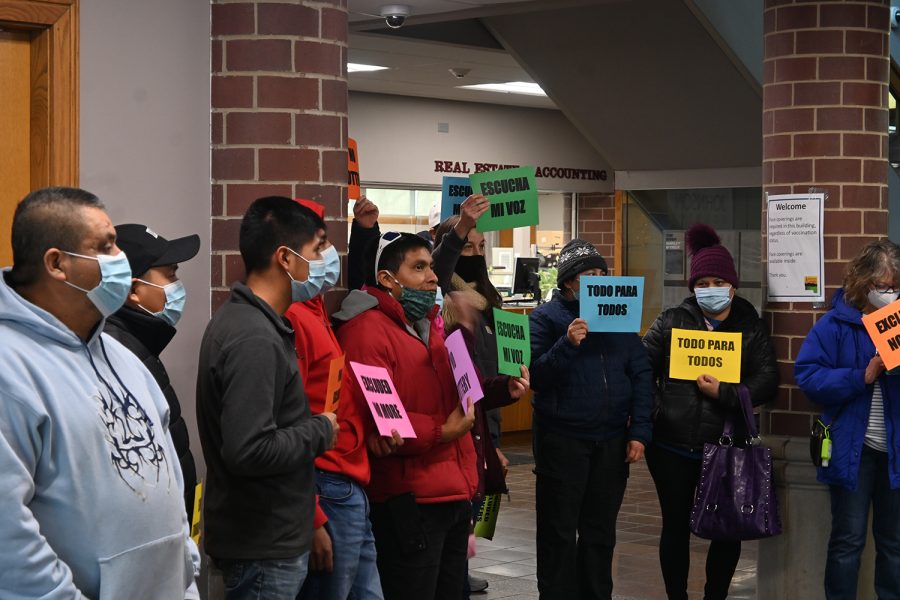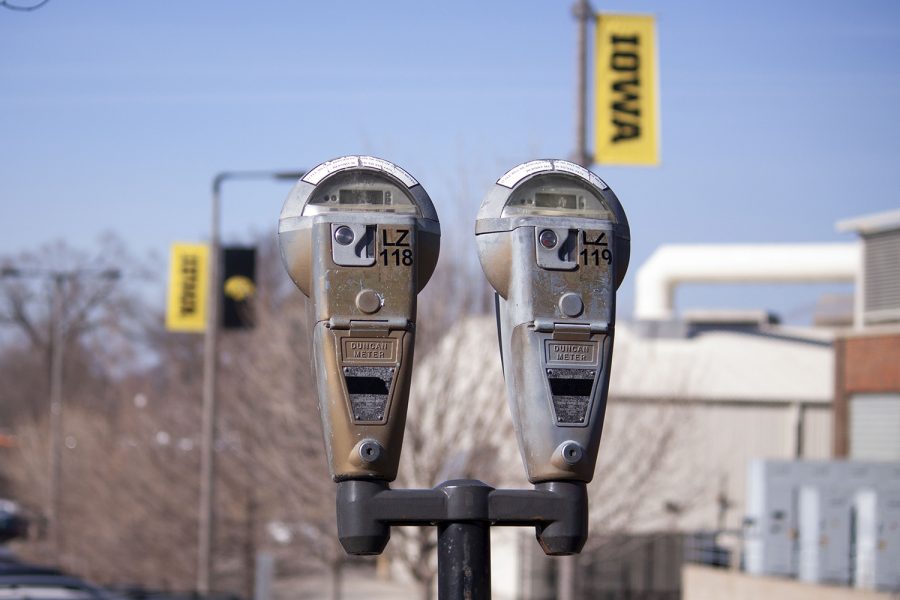A photographer in Iowa City has spent three years traveling to more than 100 farms in the Midwest to highlight the unfairness of laws in the agricultural industry.
Kai Plews, a third-year photography graduate student at the University of Iowa, aims to highlight the current state of “ag-gag” laws in the Midwest through his thesis exhibit on Saturday in Art Building West.
In the exhibit, Plews will show photographs he has compiled for the past three years during visits of farms and their farming processes.
“The major thing I want to accomplish with this work is to inform the public of the ag-gag laws and that they’re very widespread and troubling; I’ve gone around and tried to find ways around that,” Plews said. “I did this in order to collect these images to shed some light on some current state of farming processes in the U.S.”
Ag-gag is a term used to describe a class of laws that apply to the agriculture industry. They typically prevent recording, photographing, possessing or distributing photos, videos, and audio of farms without consent of the owner.
Plews went to more than 100 farms in the last three years in Iowa and bordering states, such as South Dakota. He grew up on a farm in western Iowa.
“My family farm and the farms around us were nothing like these consolidated farms,” he said.
Plews’ thesis adviser, Assistant Professor Jeff Rich, said the photographer took weekly and even daily trips to find the right places and right photographs to get.
“He’s done a ton of research on all these places and corporations, like ADM and places like that,” Rich said.
Plews said one corporate farm would not let him take photos of the area, and many others turned him down after he asked for permission to photograph.
“Some places, the more questions I asked about things, the more reluctant they became,” he said. “I’ve had a couple of places that I’ve talked to say the companies they work for aren’t OK with it. They give me an initial yes and then a hard no.”
Laurie Johns, the director of public relations of the Iowa Farm Bureau, said people are misinformed on the existence of ag-gag laws in Iowa.
“Iowa’s bill was first called an ag-gag bill because of the way it was first written,” she said. “It doesn’t have any restrictions on photography or videotaping.”
Johns said the bill in Iowa restricts people from lying on their résumés to get jobs on a farm. In other states, the bills are to prevent animal abuse. Idaho and Indiana are a few other states that have enacted ag-gag laws.
“This bill is more about not lying about why you’re on the farm and if you see a problem do something about it,” she said. “Don’t just sit there and watch the animal suffer to get the video that you want.”
Plews said his exhibit shows photographs of landscapes with barns and facilities, the detritus leftover from farming, and animals in the landscape.







